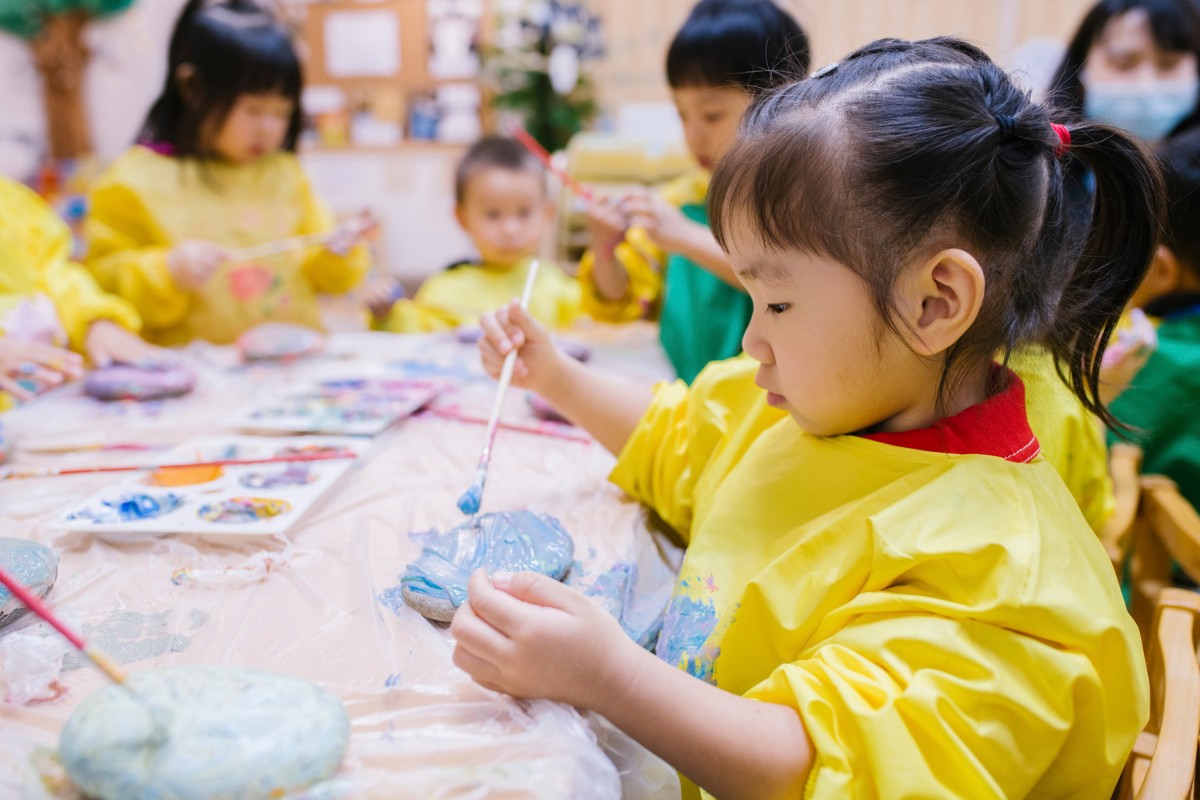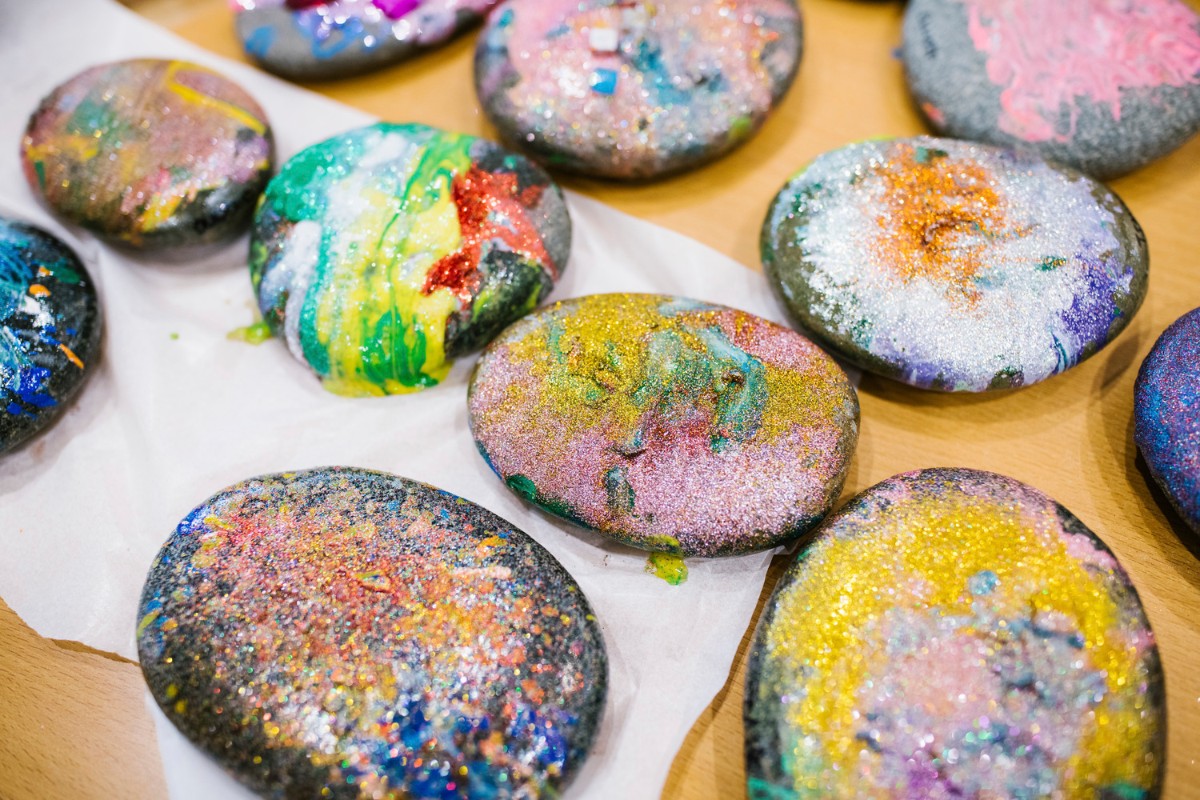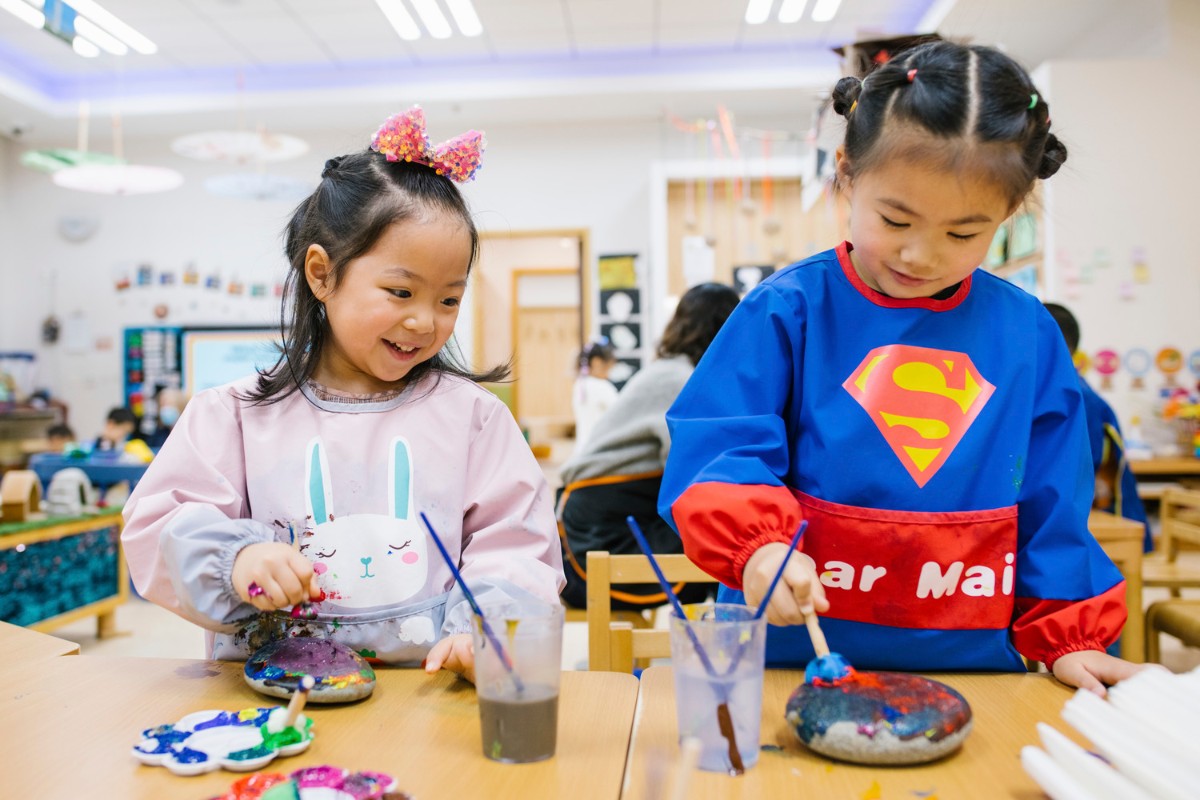
EY4 English teaching team
The wonderful thing about learning adventures is being able to follow children’s interests so that they really enjoy learning without realising that they are doing much more than play! Literacy in learning adventures is the same, the children get the opportunity to immerse themselves in a variety of literacy opportunities whilst doing things that they enjoy.
The word “literacy” is often thought of as just reading and writing but it is so much more than that, especially for young learners. Literacy is everywhere in the world around us and it also involves mark making, sharing story books and thoughts about these stories. Communication is a key aspect of development for children as it enables them to express their thoughts and feelings as well as foster and build relationships with others, using oracy allows children to do all of this. Therefore, learning adventures offer a range of literacy opportunities for the children to access.

The British foundation stage explains that practitioners have a crucial role to play in finding ways of engaging and collaborating with children in writing, of creating interesting and purposeful opportunities to write both indoors and outdoors and planning higher levels of adult-child interaction that support children’s thinking. It is important that adults develop an ethos where risk-taking is actively encouraged so that even the most reluctant child will be happy to have a go at writing without the fear of “getting it wrong”. This is something that we also find to be a key part of the way we teach at Hiba Nursery through our learning adventures. Teachers are constantly encouraging purposeful writing through play such as writing spontaneous events in play, making signs such as “don’t touch”, shopping lists, letters, post cards and so many other forms of writing.
From day one, a child’s brain begins forming connections very quickly. Connections which build the foundation for the learning he or she will do later in life. In fact, 90% of children's critical brain development occurs by age five. Children who were read to regularly from an early age in general develop a wider range of vocabulary, become better readers themselves and are much more likely to succeed in school. Children’s literacy skills are supported by a vast understanding of language and knowledge which needs to come first. Children’s reading and writing is just the tip of the iceberg when it comes to their literacy skills. The knowledge needed to support these skills is immense and should be supported in a literate environment. Creating a literate environment means ensuring that children are surrounded by and engaged with talk and print.
The classrooms in Hiba Nursery provide plenty of opportunities to engage with this through play, for example, providing menus, price lists, appointment books, maps, instructions, leaflets, name labels and writing materials such as clipboards, notebooks and pencils. There are mark making opportunities in all areas of the classroom and shared areas. Children always have the opportunity to access books, iPad’s and computers in order to access more information. Adults also model writing while explaining what they are doing and why they are doing it to draw children’s attention to reading and writing in the setting, which helps to model how to engage in reading and writing, as well as exposing children to different opportunities.

The children in Hiba Nursery are taught the foundations of literacy through phonics and guided writing sessions. What they are taught through Read Write Inc. is readily available in the classrooms and shared spaces for children to apply whilst writing independently. In independent writing, we allow children to take risks and make mistakes, this allows them to grow more confident with their writing and gives them opportunities to correct their own mistakes.
An example of literacy through one of our learning adventures:
The children in the nursery loved going on an adventure into space. They went on their journey into space where they crashed on a different planet. They built rockets by reading and following instructions before labelling their designs. They enjoyed looking at books to find information about different planets to see what they could do on each planet. They loved using the iPad’s to find, listen and sing along with different songs about the solar system.
The children really enjoyed researching information, so the teachers enhanced this by creating fact files where the children were encouraged to find information about each of the planets before writing about them independently. Some children even enjoyed making their own stories about an alien who liked to explore and making their own independent stories about space.

The children love to look back on their writing in their books and sharing them with their friends whilst talking about their work. This also allows children to see their own progress and be proud of their hard work.